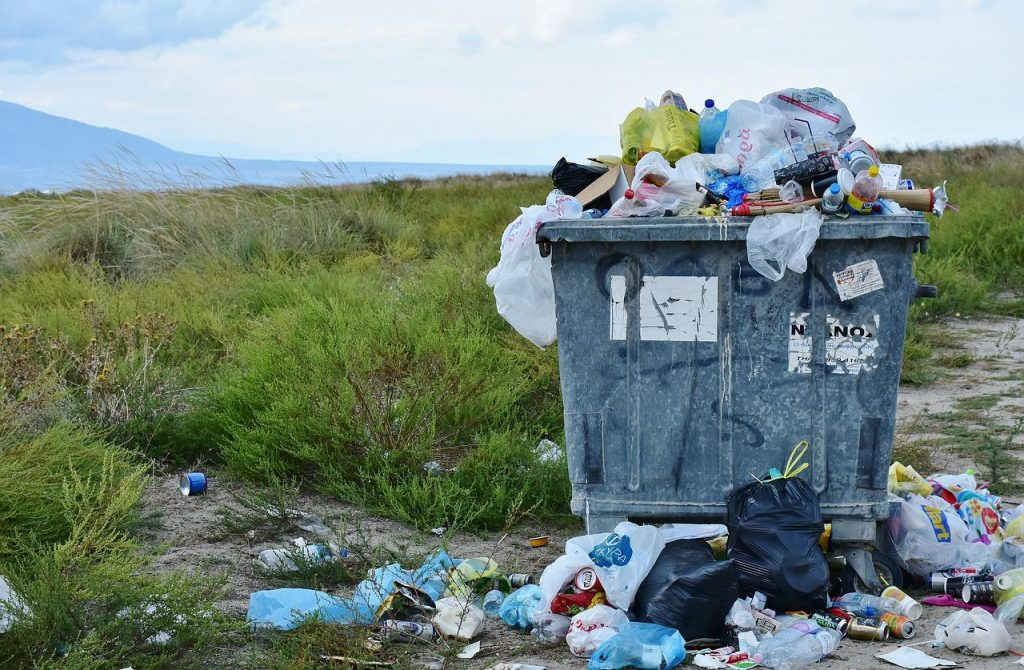Why Garbology Has Become An Increasingly Important Job
Garbology has become an increasingly popular job because humans are the only living creature on Earth to produce waste that cannot be broken down naturally.
This article is more than 2 years old

Garbology is a career path for anyone who chooses. Garbology has become an increasingly popular job because humans are the only living creature on Earth to produce waste that cannot be broken down naturally. Earth and the human population need more people to come together as a collective to undo the havoc that has been done.
A branch of archaeology, Garbology, is the study of modern-day artifacts, or trash in this specific case, to better understand the human race. Can you imagine a world where humans came together to turn back time and devastation, and restore water sources, restore food sources, restore the planet? All it takes is one theory or breakthrough to ignite a flame that could change how humans live and operate on this Earth.
Many who study Garbology have reported feelings of anger, frustration, and even hopelessness when thinking about the current garbage crisis. Individual efforts by themselves sometimes feel useless, although they are not. It really is crucial that the world population comes together to restore our planet in a tangible way.
Trash And Its Impact On The Environment
Trash causes devastating negative effects on the planet, and it could all be avoided if people would just wake up and come together. An article published on NPR pointed out that those who study Garbology, scientists, and people worldwide are well aware of the fact that trash causes air pollution, significantly contributes to climate change, water contamination, and much more. Pollutants left behind from trash change the natural environment in the worst way possible.
One study conducted by the father of Garbology, William Rathje, concluded that nearly half of all waste in landfills is organic matter. This means that humans could ideally reduce their negative impact on the planet by a tremendous amount of everyone collectively composted or disposed of their organic matter properly. Half of the problem could be solved in a single collective effort.
The modern-day world has got most people stuck in a cycle of living mindlessly. Most people don’t even think about the impact of grocery shopping every week. The amount of trash adds up so quickly when weekly shopping trips include a gallon of milk, sweet tea, orange juice, seven gallons of water, and more.
How You Can Limit Your Trash
The first and most straightforward way to limit trash is to stop buying things. Don’t use any throw-away single-use utensils, bags, or items. Consider ways to reuse items like bottles, jars, and more instead of just tossing them. Look around you and be resourceful instead of turning to convenience and buying something.
Whatever your living situation, start a garden, even if that means just one seed pack or plant. Don’t buy things new—buy used from thrift stores, estate sales, or local buy, sell, trade groups. Another way to limit your trash is to stop buying paper towels and instead use cloth.
People can limit trash in many different ways. Consumerism and capitalism have taken over many modern-day societies and turned life into a giant rat race. It is essential that people break out of this deadbeat cycle and turn to a different way of life—-conscious living.




